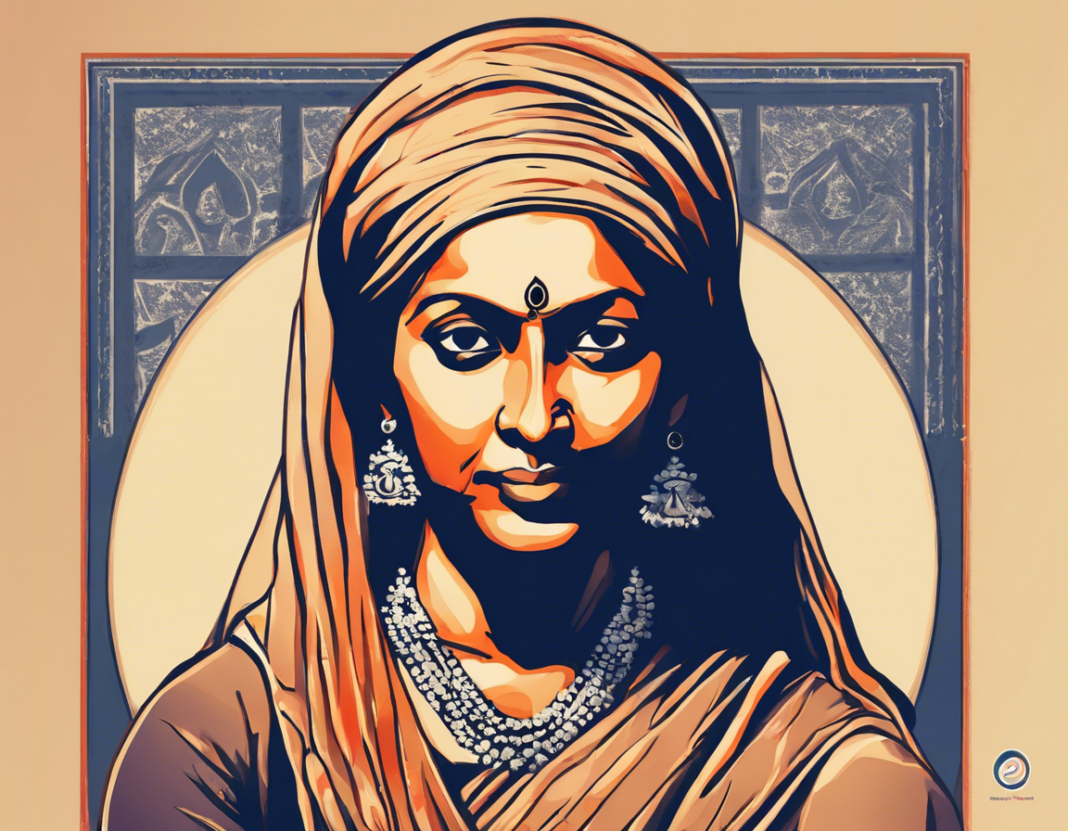Savitribai Phule Jayanti is celebrated on the 3rd of January every year in honor of Savitribai Phule, a remarkable figure in Indian history known for her pioneering work in the field of women’s education and social reform. Born on January 3, 1831, in Maharashtra, Savitribai Phule played a pivotal role in advocating for women’s rights and education during a time when such ideas were considered radical and revolutionary. This comprehensive article pays tribute to the legacy of Savitribai Phule and her contributions to women’s empowerment.
Savitribai Phule: Early Life and Education
Savitribai Phule was born into a family of farmers in Naigaon, Maharashtra. Despite facing numerous challenges and societal norms that restricted women’s access to education, Savitribai was determined to learn and dedicated herself to acquiring knowledge. She was taught to read and write by her husband, Jyotirao Phule, who was a prominent social reformer and thinker of the time. This early exposure to education fueled Savitribai’s passion for learning and laid the foundation for her future endeavors in the field of women’s education.
Savitribai Phule: The Pioneer of Women’s Education
Savitribai Phule is often referred to as the first female teacher of India, as she established the first school for girls in Pune in 1848. The school, which was named the ‘Indigenous Library’, provided girls from all castes and backgrounds with the opportunity to receive an education, a revolutionary concept at the time. Savitribai faced immense opposition and criticism for her efforts, as educating women was seen as a direct challenge to the prevailing social order. Despite these challenges, Savitribai remained steadfast in her commitment to promoting education as a tool for social change and empowerment.
Women’s Empowerment through Education
Education was at the core of Savitribai Phule’s vision for women’s empowerment. She believed that education was the key to breaking the cycle of oppression and discrimination that women faced in society. By providing girls with access to knowledge and learning, Savitribai sought to equip them with the skills and confidence to challenge traditional norms and carve out their own paths in life. Through her work, Savitribai empowered countless women to dream beyond the confines of their circumstances and strive for a better future.
Challenges and Opposition
Savitribai Phule’s advocacy for women’s education brought her into direct conflict with conservative forces that sought to maintain the status quo. She faced harassment, ridicule, and even physical violence for her beliefs and actions. Despite these challenges, Savitribai remained resolute in her mission and continued to champion the cause of women’s empowerment. Her resilience in the face of adversity serves as a testament to her unwavering dedication to the principles of equality and justice.
Legacy and Impact
The legacy of Savitribai Phule endures to this day, as she is remembered as a trailblazer in the fight for women’s rights and education. Her pioneering efforts laid the groundwork for the women’s empowerment movement in India and inspired generations of activists and reformers to continue the struggle for gender equality. The establishment of schools and educational institutions for girls remains a fitting tribute to Savitribai’s vision and values, as her legacy continues to shape the landscape of women’s empowerment in India.
Frequently Asked Questions (FAQs)
-
Who was Savitribai Phule?
Savitribai Phule was a prominent social reformer and educationist in 19th-century India known for her pioneering work in promoting women’s rights and education. -
What was Savitribai Phule’s contribution to women’s education?
Savitribai Phule established the first school for girls in Pune in 1848, breaking social norms and providing girls from all backgrounds with access to education. -
Why is Savitribai Phule considered a pioneer of women’s empowerment?
Savitribai Phule’s advocacy for women’s education and rights challenged societal norms and paved the way for generations of women to seek empowerment through knowledge and learning. -
What challenges did Savitribai Phule face in her work for women’s empowerment?
Savitribai Phule faced opposition, criticism, and even physical violence for her advocacy for women’s education, as her beliefs were seen as radical and threatening to the existing social order. -
What is the significance of celebrating Savitribai Phule Jayanti?
Savitribai Phule Jayanti is celebrated to honor Savitribai’s legacy and contributions to women’s empowerment, education, and social reform, serving as a reminder of the ongoing struggle for gender equality. -
How can we continue Savitribai Phule’s work in promoting women’s empowerment today?
We can continue Savitribai Phule’s work by advocating for equal access to education, challenging gender stereotypes, supporting women’s rights, and empowering girls and women to pursue their dreams and aspirations. -
What can we learn from Savitribai Phule’s life and legacy?
Savitribai Phule’s life teaches us the importance of perseverance, courage, and dedication in the fight for social justice and equality. Her legacy reminds us of the power of education as a tool for empowerment and transformation. -
How has Savitribai Phule inspired other social reformers and activists?
Savitribai Phule’s pioneering efforts in promoting women’s education and rights have inspired numerous social reformers, activists, and educators to continue her work and fight for a more just and equitable society. -
What were some of Savitribai Phule’s key achievements in the field of women’s empowerment?
Some of Savitribai Phule’s key achievements include establishing schools for girls, advocating for women’s rights, challenging caste and gender discrimination, and promoting the importance of education as a tool for social change. -
How can we commemorate Savitribai Phule’s legacy in our communities and schools?
We can commemorate Savitribai Phule’s legacy by organizing events, seminars, and discussions on women’s empowerment, education, and social reform, as well as by promoting her teachings and values in educational curricula and programs.
